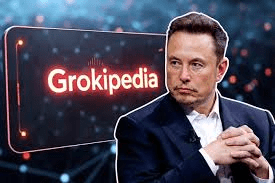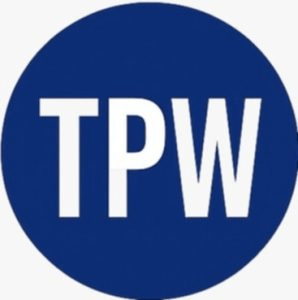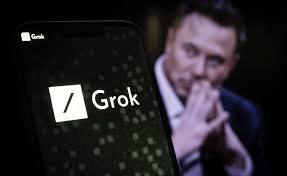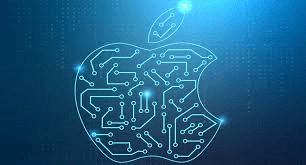A Wikipedia rival with partisan guardrails
Elon Musk unveiled “Grokipedia,” an xAI-powered encyclopedia that promises real-time knowledge with Grok as fact-checker. Early reviews flagged partisan slants and error cascades, raising doubts about whether an AI-filtered wiki can sustain credibility at scale. The project arrives amid broader anxiety over synthetic content, when low-friction publishing lets confident falsehoods outrun corrections. For creators and students, the pitch—fast answers, unified sourcing—collides with unresolved questions: Who trains the model, how are disputes arbitrated, and what recourse exists when pages defame?

Why internet culture will test Grokipedia
Grokipedia’s success hinges on incentives and governance. Without transparent edit logs, appeal paths, and community-driven norms, AI moderation can entrench bias while hiding its reasoning. Competing knowledge bases—from the volunteer-run Wikipedia to paid expert platforms—earned user trust through verifiable citations and accountability rituals. Musk’s brand guarantees attention, but stickiness requires reliability. Expect classrooms and newsrooms to blocklist or sandbox the site until it proves durable against brigading and coordinated narratives. If it iterates toward open metadata, explicit provenance, and rate-limited changes, it could become a useful starting point; without that, it risks being yet another loud node in the misinformation maze.

 TPW DESK
TPW DESK 








